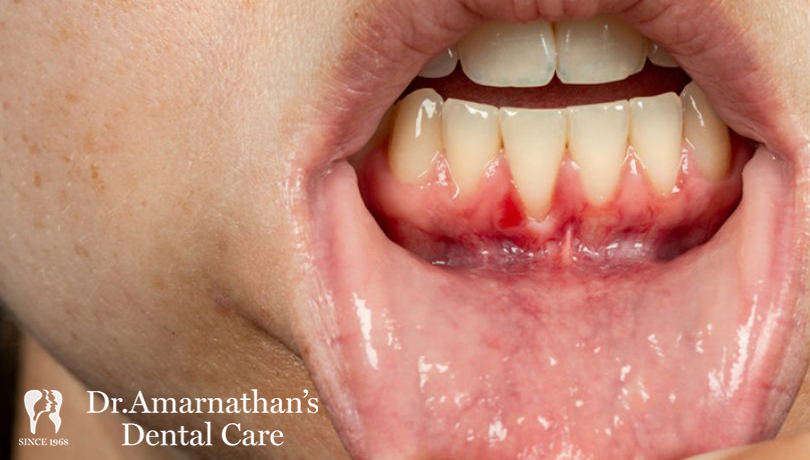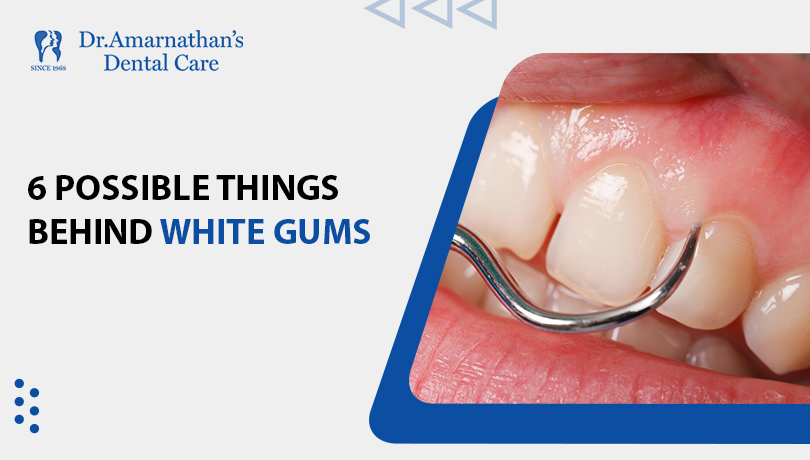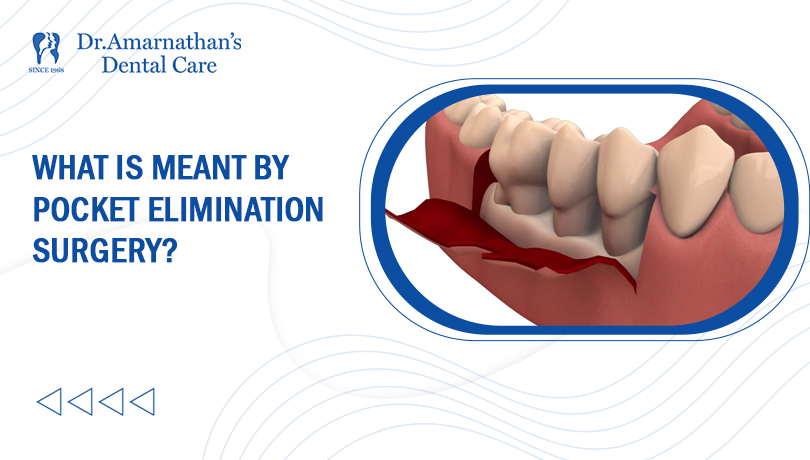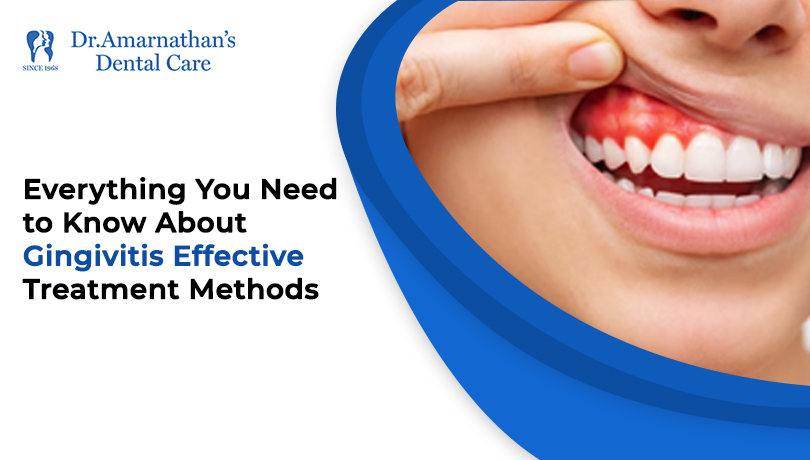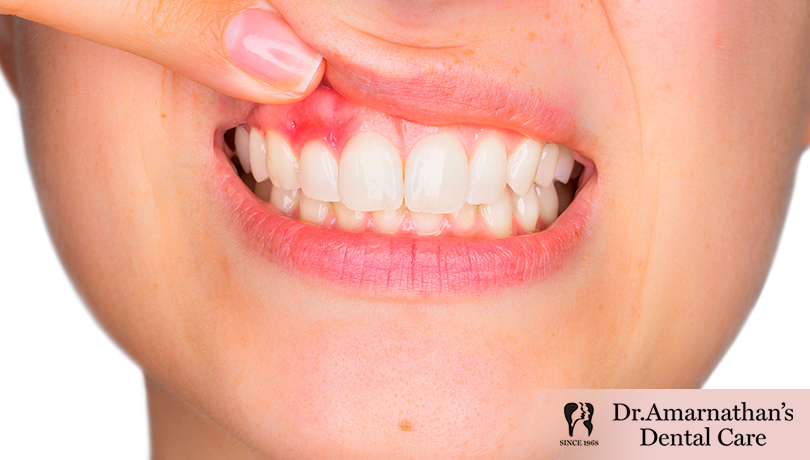
5 harmful consequences of untreated gum diseases
Gum disease is a serious infection that damages tissues and bones supporting our teeth. Periodontal (Gum) diseases begin with bacterial buildup on teeth known as plaque. The infection advances when the plaque buildup hardens and emits toxins that affect the gum tissues surrounding the teeth. This causes inflammation in the gums.
When the infection in the gums progresses, the gum begins to recede and form periodontal pockets. It will loosen your teeth and even make them fall out. To put it simply, gum disease is a leading cause of tooth loss.
Symptoms of gum diseases
There are many stages of periodontal diseases and they are unnoticeable until the disease begins to progress. The common signs include:
- Redness in gums
- Irritation in gums
- Pain while biting and chewing
- Loose teeth
- Receding gums
- Bleeding in gums while brushing & flossing
- Persistent bad breath
- Mouth Sores
Gum disease has been associated with many life-threatening health conditions. Neglecting periodontal treatments in early stage make you susceptible to such deadly diseases.
Hazardous diseases linked with gum infection
1) Diabetes
Poorly managed sugar levels infect your teeth and gums. Likewise, gum disease in its advanced stage (Periodontitis) affect your blood sugar levels badly and make you prone to encounter long-term risks of diabetes mellitus.
The bacteria and germs in infected gums enter into the bloodstream and compromise the body’s defense system. This makes our body increase the glucose level in blood to fight off bacteria. It eventually ends in Type 2 Diabetes.
2) Alzheimer’s Disease
Alzheimer’s disease is a neurodegenerative disorder that damages the brain’s functionalities, memory power, ability to think, etc. People suffering from this disease develop an unusual mental illness.
Recent studies highlight the connection between gum diseases and this progressive brain disorder. Researchers have found that Porphyromonas gingivalis (P. gingivalis) the pathogen responsible for gum infection is also found in the brain of people with alzheimer’s.
Periodontists reveal that P. gingivalis travel from mouth to the brain and the toxin secreted by the microbe destroys brain neurons.
3) Rheumatoid Arthritis
Rheumatic Arthritis is an autoimmune condition that begins with a stir in the immune system and eventually makes the cells in our defense system attack the joints. It causes pain, inflammation and stiffness in the joints.
People with rheumatoid arthritis have an immune response to somewhat called citrullinated proteins that compromise our immune system.
The gum fluids of infected gums contain higher levels of anti-citrullinated protein antibodies and have an inflammatory response on the victim’s joints.
4) Respiratory diseases
Do you know that gum disease is also a warning sign of lung infection?
The bacteria in infected gums enter the lungs when we inhale and it can proliferate there. To put it simply, the oral bacteria breed in our lungs. It is followed by irritation, inflammation in lung tissues. Such inflammatory response in the lungs causes pneumonia, bronchitis and even Chronic Obstructive Pulmonary Disease (COPD).
5) Heart Diseases
Cardiovascular problems in gum disease sufferers begin when bacteria and germs in infected gums enter the bloodstream.
Moreover, the chronic inflammation caused by the periodontal disease pathogens damage the healthy cells living in our body. This adds value to the oral bacteria attack on heart valves. Bacterial infection in bloodstream causes swelling in the blood vessels and damage the heart valves.
The heart valve damage is followed by narrowing it that reduces the blood supply to the heart. This puts the victim at cardiovascular risk of developing problems like tiny blood clots, heart attacks, strokes, etc.
Bottom line
You can stand far away from the discussed disorders if you maintain good oral hygiene with regular dental checkups to prevent infection in gums. Otherwise, prevention is possible with appropriate gum disease treatments.
Remember that the treatment option varies with each stage. However, your dentist will look over your gums and mouth before prescribing the right treatment. You can get a plethora of treatments like scaling, root planning, soft tissue laser dentistry and much more to address infected gums.




